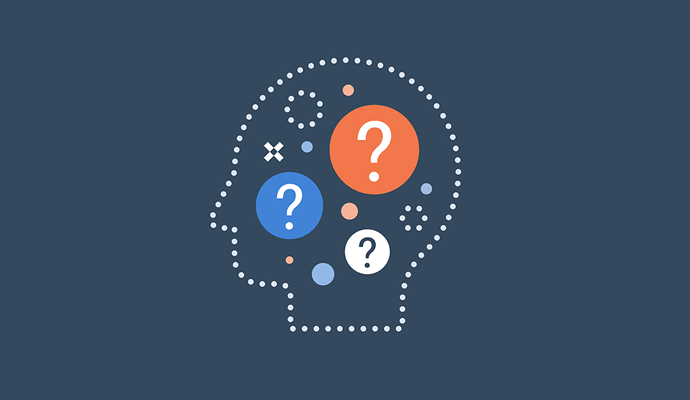Artificial Intelligence May Offer Insight into Parkinson’s Disease
Researchers are using artificial intelligence tools to evaluate speech disorders related to Parkinson’s disease.

Source: Getty Images
- A team from Purdue University is leveraging artificial intelligence technology to collect and automatically measure the speech skills of people with Parkinson’s disease.
According to the Parkinson’s Foundation, approximately 60,000 Americans are diagnosed with Parkinson’s each year, and the disease affects more than ten million people worldwide.
People with Parkinson’s may experience changes in or difficulties with speaking. These changes can happen at any time but tend to increase as the condition progresses. Additionally, some patients with Parkinson’s may struggle to find words and as a result speak more slowly, while the disease causes other patients to speed up their speech so that it sounds like stuttering.
The team at Purdue has been working to develop telehealth tools to assess and treat speech impairments like those associated with Parkinson’s disease. Researchers received a grant from NIH to develop a telehealth and AI platform to facilitate the provision of speech treatment with the SpeechVive device, a wearable medical device designed to improve the speech clarity of people with Parkinson’s.
Researchers will conduct a virtual study for participants across the country to evaluate an AI platform that can collect and automatically measure the speech skills of people with Parkinson’s disease. As the pandemic continues and telehealth becomes more widespread, the need for AI technologies will only increase.
"The application of the technology we are evaluating may lead to far-reaching insights into more standardization in assessments, earlier diagnoses and possibly an easier way to track discrete changes over time to guide interventions," said Andrew Exner, a graduate research assistant in the Motor Speech Lab.
"My personal research passion, and the mission of our lab, is to find ways to improve the quality of life for people with Parkinson's and other related diseases."
Researchers have previously sought the help of AI to better understand Parkinson’s disease. IBM Research recently collaborated with the Michael J. Fox Foundation to develop a machine learning algorithm using data from patients on medications.
“Parkinson's disease is very heterogeneous in that the symptoms may affect both motor and non-motor function. This can make it difficult to assess where a patient may be at a certain point in time. As we gain access to larger and larger datasets, we could perhaps better understand page to treatment protocols that are effective for certain types of patients,” said Kristen Severson, postdoc researcher at IBM.
“There's a lot of effort around collecting patient data, so I hope that as we have success, these types of studies might become more integrated into patient care. We also might think about how we can better share data across institutions. Particularly if you think that there are subtypes of the disease, you need to see a lot of patients before you can tease out those patterns.”
Healthcare leaders have also leveraged the power of AI to analyze speech patterns related to other chronic conditions.
A team from Stevens Institute of Technology recently developed an artificial intelligence tool that can analyze subtle linguistic patterns and diagnose Alzheimer’s disease with 95 percent accuracy.
The model is also able to explain its conclusions, allowing human experts to check the reliability of its diagnosis.
“The algorithm itself is incredibly powerful. We’re only constrained by the data available to us,” said K.P. Subbalakshmi, founding director of Stevens Institute of Artificial Intelligence and professor of electrical and computer engineering at the Charles V. Schaefer School of Engineering & Science.
“This method is definitely generalizable to other diseases. As we acquire more and better data, we’ll be able to create streamlined, accurate diagnostic tools for many other illnesses too. This is absolutely state-of-the-art. Our AI software is the most accurate diagnostic tool currently available while also being explainable.”
